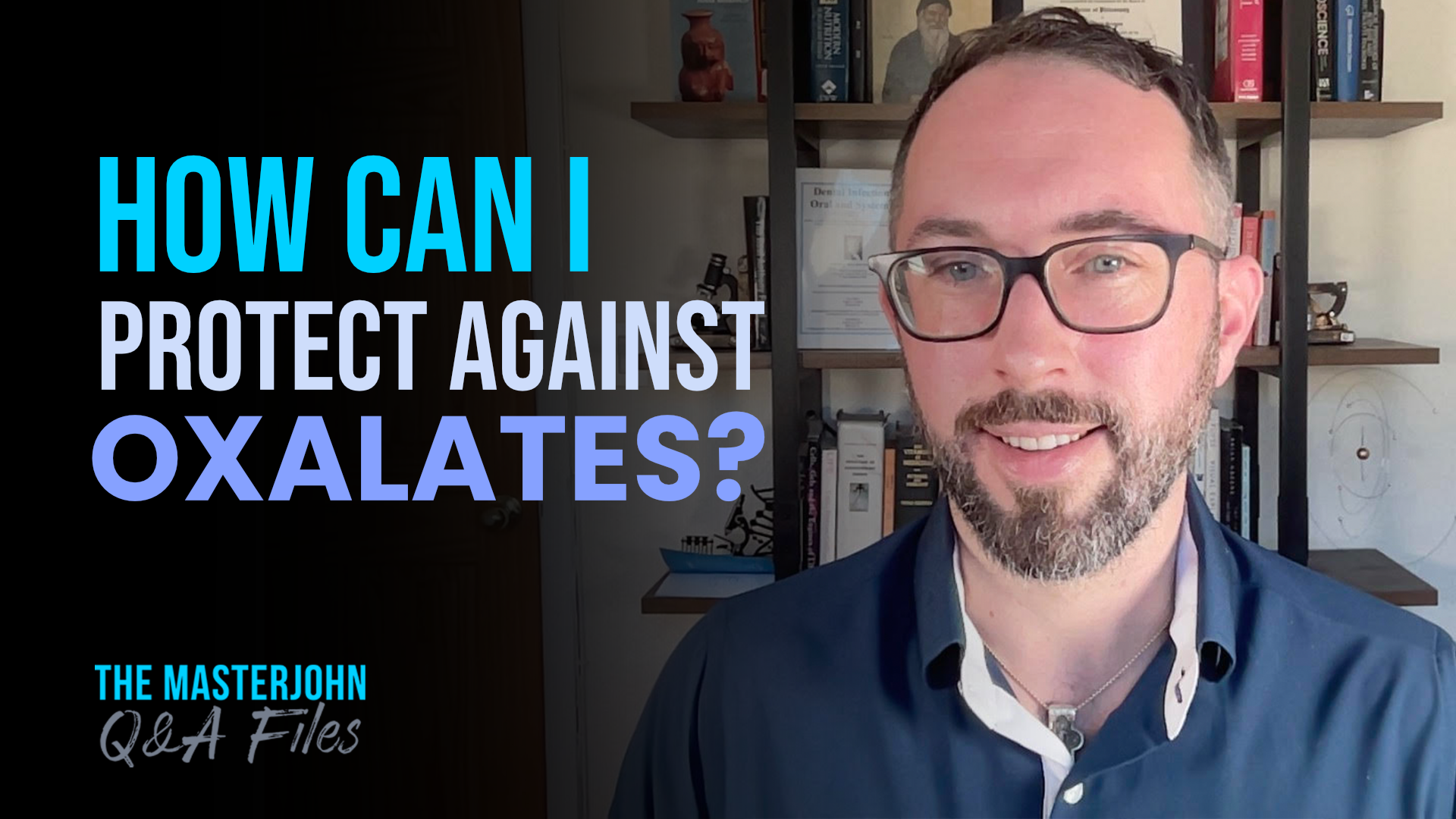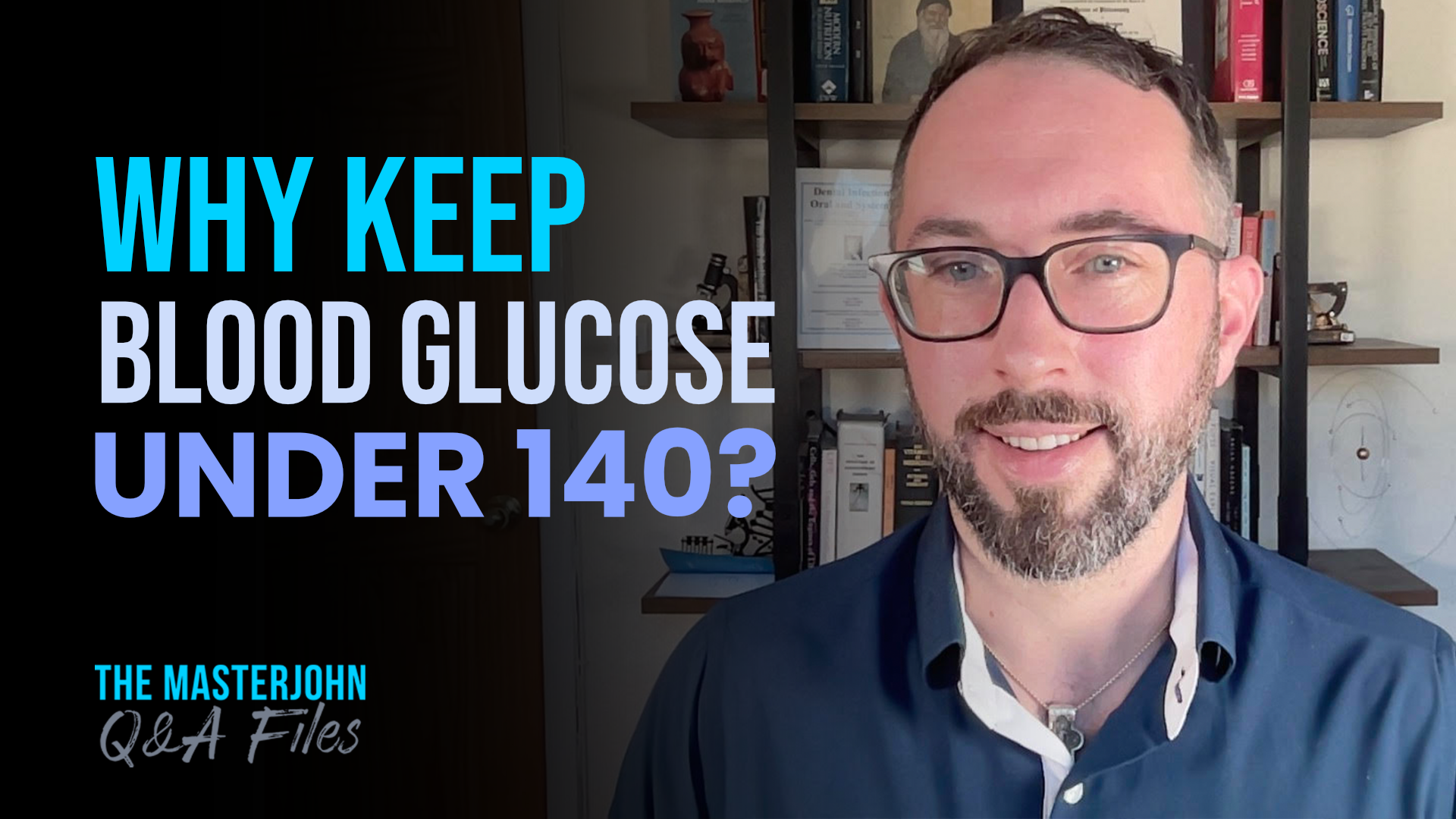Question: How can I protect against oxalates? Short Answer: Getting 300-400 mg calcium between food and supplements at each meal will minimize oxalate absorption. Maintaining postprandial urine pH in the 6.4-6.8 range by getting 3-5 grams of potassium per day from food or from organic acid salts such as potassium citrate will prevent its crystallization in the …





